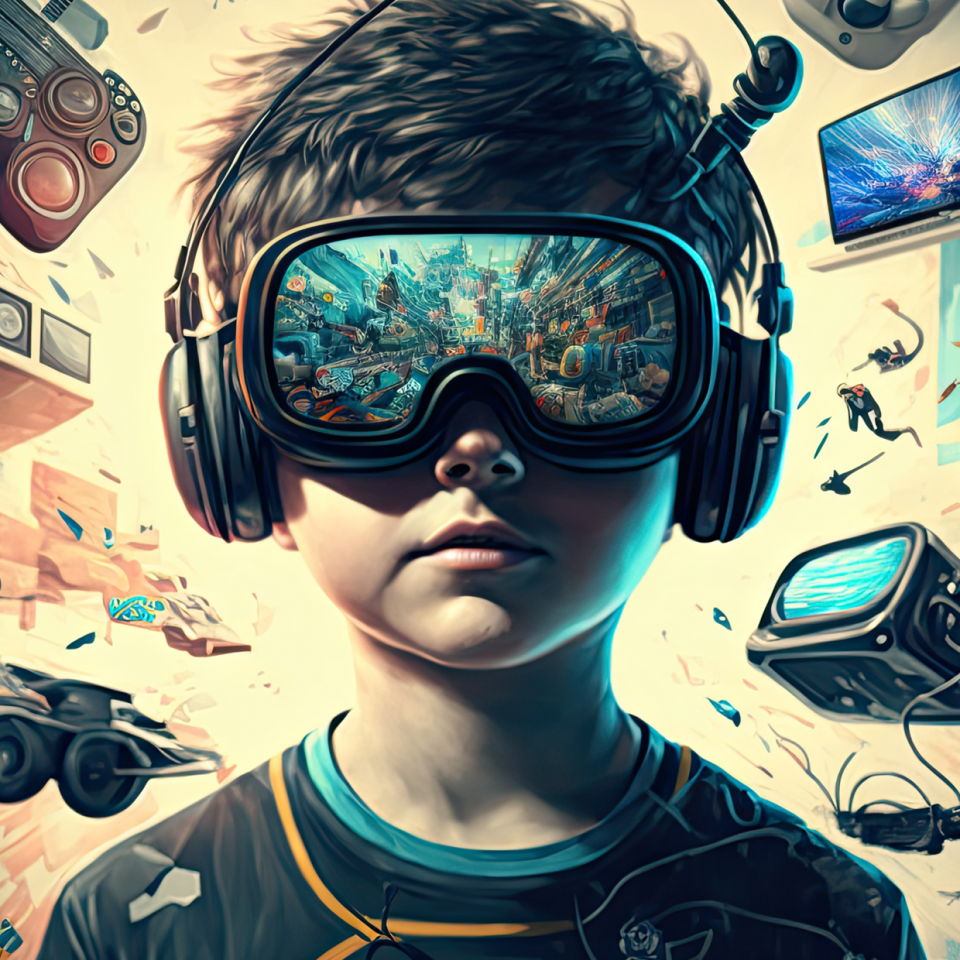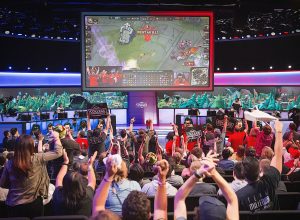Introduction:
In recent years, the realm of competitive gaming, commonly known as esports, has surged into the spotlight, drawing the attention of a global audience and reshaping the landscape of contemporary popular culture. What was once considered a niche interest for devoted gamers has now evolved into a multi-billion-dollar industry, capturing the hearts and minds of enthusiasts and casual observers alike. This article delves into the intersection of esports and mainstream recognition, highlighting the profound influence competitive gaming has had on pop culture, and the factors driving its meteoric rise.
The Rise of Esports: From Niche Subculture to Global Phenomenon
The emergence of esports as a formidable cultural force can be attributed to several key factors. Technological advancements, particularly in internet connectivity and gaming hardware, have enabled seamless online multiplayer experiences, fostering a conducive environment for competitive gaming. Moreover, the proliferation of streaming platforms such as Twitch and YouTube Gaming has provided a platform for gamers to showcase their skills and for audiences to engage with their favorite players and teams in real-time.
Cultural Impact and Mainstream Integration
Esports has transcended its subcultural origins, permeating mainstream consciousness through various avenues. Traditional sports franchises have begun to recognize the potential of esports, with many establishing their own esports divisions or investing in existing teams. This convergence of traditional sports and esports has sparked a symbiotic relationship, introducing esports to a broader audience while providing established sports organizations with a foothold in the burgeoning gaming industry.
Economic Implications and Industry Growth
The economic impact of esports cannot be understated. With lucrative sponsorship deals, advertising agreements, and broadcasting rights, esports has become a lucrative market for businesses looking to tap into the burgeoning gaming demographic. Moreover, the rise of esports has given birth to a new breed of professionals, including players, coaches, analysts, and content creators, fostering employment opportunities within an industry that shows no signs of slowing down.
Challenges and the Road Ahead
Despite its rapid growth, esports continues to face certain challenges, including issues related to player well-being, regulatory frameworks, and the need for standardized governance. Moreover, as the industry becomes increasingly commercialized, questions regarding authenticity and the preservation of gaming culture arise. Balancing the demands of a rapidly expanding market with the maintenance of the unique spirit of gaming poses a significant challenge for stakeholders within the esports ecosystem.
Conclusion: Embracing the Evolution of Gaming Culture
Esports’ journey from a niche interest to a global phenomenon underscores the ever-evolving nature of contemporary pop culture. As competitive gaming continues to integrate itself into the mainstream, it brings forth a new wave of entertainment, technological innovation, and cultural exchange. While the path ahead may present challenges, the ability of esports to unite communities, transcend boundaries, and foster inclusivity is a testament to its enduring impact on the fabric of modern society.
Esports has proven that it is not merely a fleeting trend but a transformative force shaping the future of both gaming and pop culture at large. As it continues to redefine the boundaries of entertainment, esports stands poised to leave an indelible mark on the cultural landscape for years to come.







